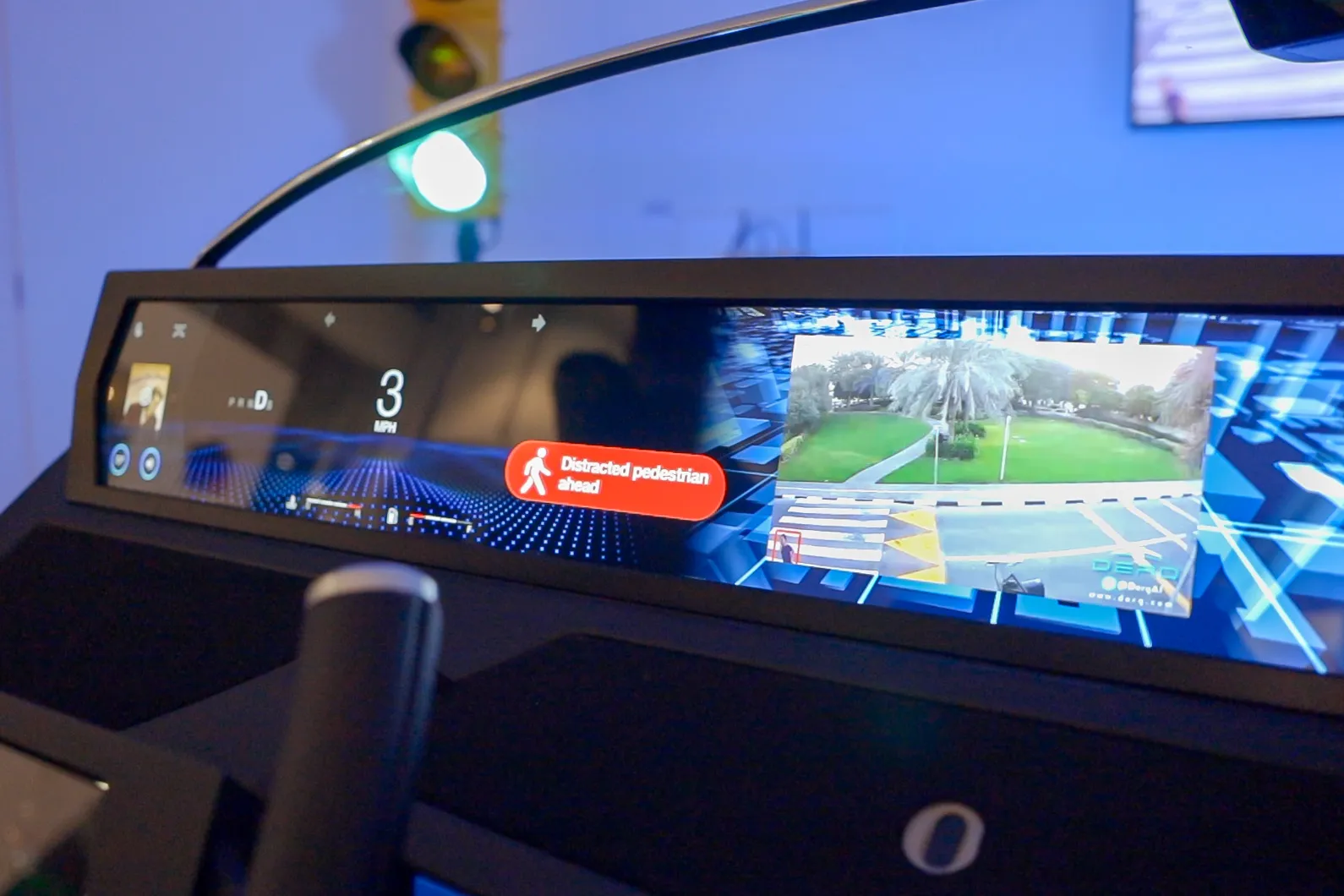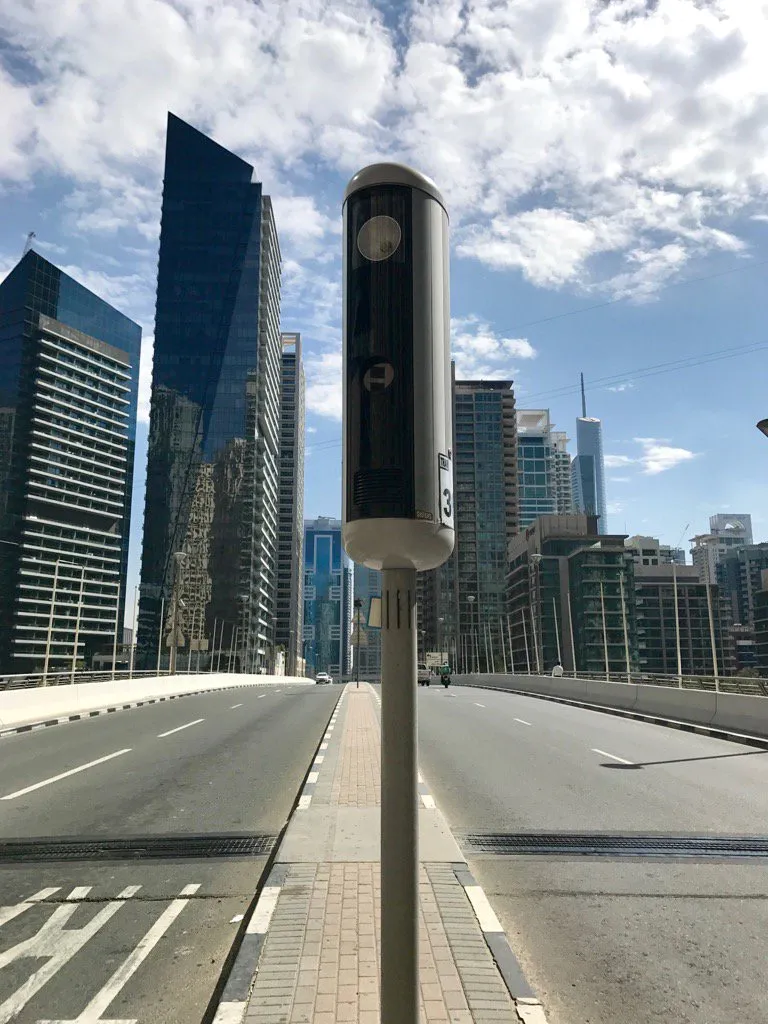
Derq is deploying analytics systems at 37 intersections along a 9-mile section of Fremont Boulevard in California as part of a smart corridor project.
Derq's systems will provide ongoing analytics from traffic intersection video sources of multimodal conflicts using artificial intelligence. The company's proprietary software will be used to detect 'near miss' interactions at intersections and pavements and identify safety 'hot spots' based on dangerous roadway behaviour, including red-light running, speeding, wrong-way driving and pedestrians crossing against a redlight.
The technology company says its software platform integrates with pre-existing or installed sensors and other ITS equipment at each intersection to monitor the trajectories and predict the intents for all vehicles, cyclists, and pedestrians in the sensors’ field of view.
This creates a comprehensive understanding of road user behaviour that helps identify and predict potential conflicts or collisions and in-turn dangerous intersections, the company adds.
The data generated provides granular feedback to develop safety countermeasures and manage traffic.
Derq aims to convert large amounts of sensor data into dashboard-based predictive insights, which it insists are not otherwise available through traditional safety and traffic analyses.
According to Derq, these insights allow road operators and planners to act proactively with short turnarounds rather than reactively rely on outdated crash and traffic reports.
Mayor of Freemont Lily Mei says: “This project will not only modernise our traffic systems to make them more safe, but will also provide a more efficient driving experience for our community members by improving traffic flow. Derq’s intersection analytics systems will help take this project to the next level as we continue our work to make Vision Zero (eliminating all traffic fatalities) a reality in Fremont.”
Derq will carry out this project in collaboration with ITS distributor CT Group.
Joe Hoferer, vice president Western Region of CT Group, says: “Derq’s proprietary AI software provides real-time insights into what is happening at the intersection level. With this project, the city is embarking on one of the most advanced ‘Vision-Zero’-focused traffic projects in history.”









